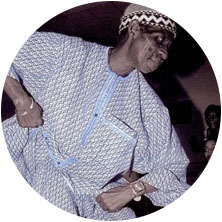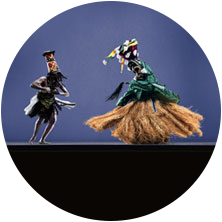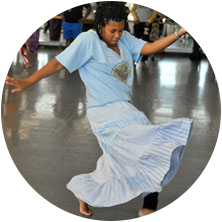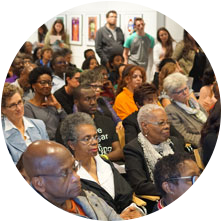HELPING CULTURAL ARTISTS GROW, THRIVE, AND CONNECT
BISEMI FOUNDATION
Support Us
We have made significant strides since we were founded and we have provided a variety of great programs that we are incredibly proud of, but we can’t do it alone. Many of the people we are helping have come from underserved communities, and many of them are living below the poverty line. Music, dance and other forms of artistic expression have been a significant source fostering community and personal health and well-being.
Donate
As a foundation, we strive to create innovative ways to advance the use of music, dance and other cultural art forms throughout the communities that we serve. One of our main focuses through our programs is figuring out how to give a unique voice to those who have historically been marginalized. The people we have been able to help so far have benefited greatly from our programs and continue to strive.
All art forms are important to us; we believe they are a critical foundation of society. African and African diaspora communities lean on music, dance and art for more, though. It is an essential part of their culture. Preserving and passing on the artforms that they hold dear is what we believe is most important.
If you would like to make a donation to the Bisemi Foundation so that we can continue advancing our mission and helping the people in our communities, you can make a donation through Paypal or through AmazonSmile (a branch of Amazon that will donate a portion of your purchase to a charitable organization of your choice).

- Durable brass construction
- Top-quality, smooth ink
- Convenient, twist-action ballpoint
- LED Flashlight with exceptional, 72-hour battery life.
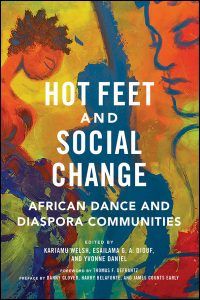
- Hot Feet and Social Change
African Dance and Diaspora Communities
Purchase your copy here at UI Press
- Indelible stories of living African dance within the African diaspora
The popularity and profile of African dance have exploded across the African diaspora in the last fifty years. Hot Feet and Social Change presents traditionalists, neo-traditionalists, and contemporary artists, teachers, and scholars telling some of the thousands of stories lived and learned by people in the field. Concentrating on eight major cities in the United States, the essays challenges myths about African dance while demonstrating its power to awaken identity, self-worth, and community respect. These voices of experience share personal accounts of living African traditions, their first encounters with and ultimate embrace of dance, and what teaching African-based dance has meant to them and their communities. Throughout, the editors alert readers to established and ongoing research, and provide links to critical contributions by African and Caribbean dance experts.
Contributors: Ausettua Amor Amenkum, Abby Carlozzo, Steven Cornelius, Yvonne Daniel, Charles “Chuck” Davis, Esailama G. A. Diouf, Indira Etwaroo, Habib Iddrisu, Julie B. Johnson, C. Kemal Nance, Halifu Osumare, Amaniyea Payne, William Serrano-Franklin, and Kariamu Welsh
“Many of the authors are themselves the sources of both dance traditions created within the last decades and of significant studies about them. This work is unprecedented and, thanks to its insider perspectives, only possible as the editors have constructed it.”–Sheila S. Walker, editor of African Roots, American Cultures: Africa in the Creation of the Americas
Publication of this book was supported in part by the University of Illinois Press Fund for Anthropology.
Who We Are
Bisemi is dedicated to the artistic practices of African and African Diaspora culture. Our goal is to help cultural artists connect with one another in the Oakland area, nationally, and internationally.
What We Do
We strive to be a place where artists can come and learn from one another. In addition, we provide a number of mentoring programs and grants that are designed to give recipients the tools to thrive.
Artist Highlights
Check here for stories featuring our current cultural artists. We believe that through music, dance and other art forms, we can preserve and share the beauty of culture arts for all to experience.
Support Us
Help us continue to grow and share our culture by donating today. We are proud to offer a variety of programs to our many talented artists, but we can’t do it alone. Find out how you can make an impact for our cause here.


